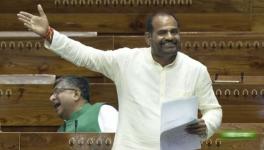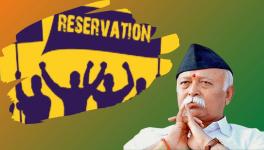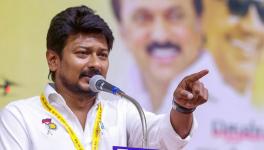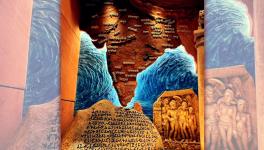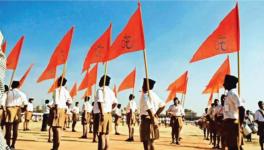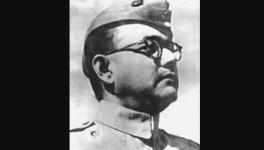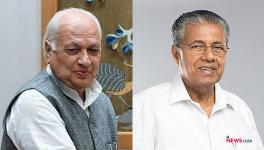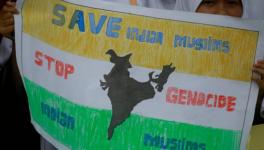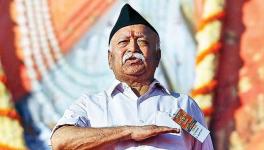Chicago: Vivekananda on “Tolerance” in 1893, Bhagwat on “Dogs” In 2018
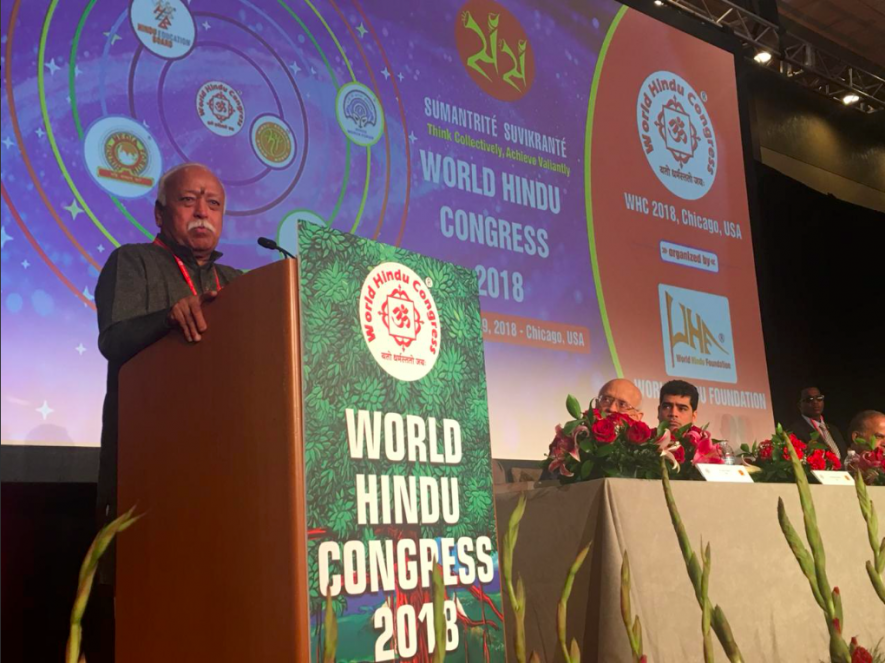
On the 125th anniversary celebration of Swami Vivekananda’s historic address to the World Parliament of Religions held in Chicago in 1893, RSS chief Mohan Bhagwat addressed a meeting of Hindus in the same city two days ago. He delivered a speech in which he used the word “dog” to allude to others.
It is worth mentioning that Swami Vivekananda addressed the World of Parliament of Religions on 9/11, 1893 and his brief speech made him a celebrity across the USA. The Chicago Tribune described him as a man of thirty years' age with a big and active brain.
Jawaharlal Nehru in The Discovery of India referred to the description of Swami Vivekananda in American press of that time as “a cyclonic Hindu” who made a deep impact on the western world by explaining the treasure of Indian spirituality encapsulated in Vedanta.
Swami Vivekananda described himself as a socialist. His speech in Chicago was in every sense of the term a pathbreaking and illuminating speech. Its contents sound quite contemporary and are of abiding significance.
He said, "I am proud to belong to a religion which has taught the world both tolerance and universal acceptance." The concluding portion of his speech was all the more illuminating and offers an enduring lesson for our troubled times often defined by the dangerous theory of the clash of civilisations, which stresses on internecine conflicts and bloodshed based on wars fought in the name of civilisations seen and understood in terms of religion or region.
In contrast to the confrontational dimensions of civilisations Swami Vivekananda talked about their confluential aspects, underlining the unity of all faiths and humanity and outlining the danger posed by sectarianism and fanaticism to the forging of unity and understanding among faiths.
He said, "Sectarianism, bigotry, and its horrible descendant, fanaticism, have long possessed this beautiful earth. They have filled the earth with violence, drenched it often and often with human blood, destroyed civilisation and sent whole nations to despair. Had it not been for these horrible demons, human society would be far more advanced than it is now. But their time has come; and I fervently hope that the bell that tolled this morning in honour of this convention may be the death-knell of all fanaticism, of all persecutions with the sword or with the pen, and of all uncharitable feelings between persons wending their way to the same goal."
A hundred and three years after that historic speech the USA was attacked on 9/11, 2001, by fanatics. It is tragic that the RSS chief while speaking at that venue in 2018 should use the uncharitable word "dogs". He said in his statement that Hindus have no aspirations of dominance and the community would prosper only when it worked as a society. "If a lion is alone, wild dogs can invade and destroy the lion. We must not forget that," he said.
The use of such language smacks of domination; it identifies an enemy and an other and is contrary to the idea of tolerance and acceptance flagged by Swami Vivekananda in 1893. Vivekananda took pride in the civilisational heritage of India which accepted persecuted peoples from other lands. In doing so India always stood for an inclusive identity, which was stressed during the freedom struggle and best expressed by Mahatma Gandhi, who said “I do not want India to be wholly Hindu, wholly Islamic, wholly Christian; but wholly tolerant with all its religions coexisting and flourishing.”
To refer to any individual or group as “dogs” is contrary to the idea of India that was expounded by Swami Vivekananda and is enshrined in the Constitution. By defending that idea of India we can pay our tribute to Swami Vivekananda, who witnessed the rise of India in the late nineteenth century and in 1897 predicted it would become independent.
The author served as Officer on Special Duty and Press Secretary to President of India late Shri K.R. Narayanan and had a tenure as Director in the Prime Minister’s Office and Joint Secretary in the Rajya Sabha Secretariat.
Get the latest reports & analysis with people's perspective on Protests, movements & deep analytical videos, discussions of the current affairs in your Telegram app. Subscribe to NewsClick's Telegram channel & get Real-Time updates on stories, as they get published on our website.









